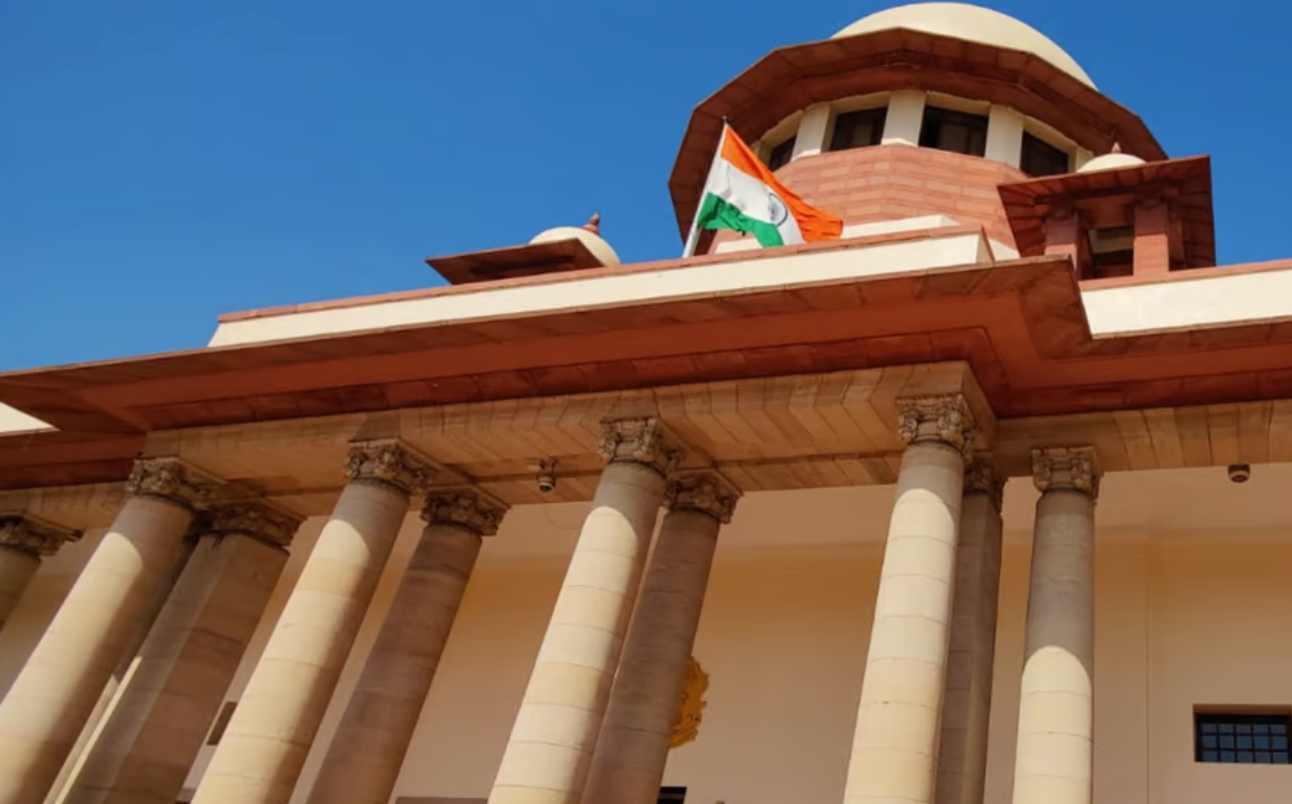New Delhi, November 6, 2024 — In a landmark move to address the rights and rehabilitation of survivors, the Supreme Court of India has directed all trial courts across the country to mandate victim compensation in cases involving sexual assault, particularly those impacting women and minor children.
The Court emphasized the need for swift compensation, requiring District and State Legal Services Authorities to ensure timely disbursement to the affected individuals.
This directive was issued by a bench comprising Justices BV Nagarathna and Pankaj Mithal while hearing the bail plea of Saibaj Noormohammad Shaikh, a man convicted under various sections of the Indian Penal Code (IPC) and the Protection of Children from Sexual Offences (POCSO) Act for rape and sexual assault.
Shaikh, sentenced to 20 years of imprisonment for violating IPC Section 376D (gang rape) and Section 354 (assault with intent to outrage a woman’s modesty), had been fined ₹10,000 in addition to his sentence.
Under POCSO Act provisions, he was awarded a 10-year rigorous imprisonment with an additional ₹2,500 fine.
The Supreme Court pointed out that, despite the severity of Shaikh’s crimes, the trial court failed to order compensation for the minor victim involved, a lapse that could delay essential financial aid meant to support the victim’s recovery and rehabilitation.
“Such an oversight by the Sessions Court could only further delay payment of compensation under Section 357A of the Criminal Procedure Code (CrPC),” noted the bench.
Scope and Implementation of Mandatory Compensation
Following this judgment, the Court instructed that all District and Sessions Courts adjudicating cases involving sexual assault and bodily harm must include a mandatory compensation order within their judgments, whether convicting or acquitting the accused.
The bench specified that compensation should align with the severity and specific circumstances of each case, thereby addressing each victim’s unique needs.
The Supreme Court further advised trial courts to consider granting interim compensation in select cases, based on situational requirements. This interim aid could provide immediate financial relief to victims during the ongoing trial period.
Administrative Circulation for Broader Implementation
To ensure that this directive reaches every level of the judiciary, the Supreme Court has directed its registry to circulate the order to the Registrar Generals of all High Courts.
High Court registries, in turn, will disseminate these guidelines to judges in District and Sessions Courts nationwide, making mandatory compensation an integral part of the judicial approach in such cases.
Saibaj Noormohammad Shaikh’s Bail Plea Outcome
Regarding Shaikh’s plea for bail, the Supreme Court observed that he had served over half of his sentence and noted that a co-accused in the same case had previously been granted bail by the High Court.
Therefore, the bench concluded that Shaikh was also eligible for bail. He will be presented before the concerned Sessions Court, which will determine appropriate bail conditions for his release.
Legal Representation
In the case proceedings, Advocate Karl Rustomkhan represented appellant Saibaj Noormohammad Shaikh, while Advocate Prastut Mahesh Dalvi appeared on behalf of the State of Maharashtra. Senior Advocate Sanjay Hegde served as Amicus Curiae, and Advocate Mukund P Unny represented the victim.
Case Details
- Bench: Justice BV Nagarathna and Justice Pankaj Mithal
- Case: Saibaj Noormohammad Shaikh v. State of Maharashtra & Anr.
- Sections Involved: IPC Section 376D, IPC Section 354, POCSO Act
- Key Directive: Mandatory victim compensation in sexual assault cases
In its November 4th order, the Supreme Court has taken a definitive step towards supporting survivors by mandating victim compensation, underscoring the judiciary’s role in both justice and reparation for victims of sexual violence in India.















